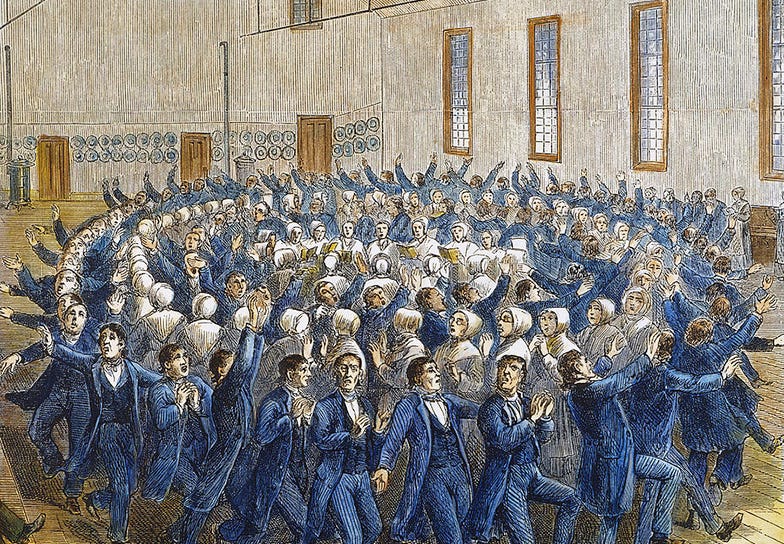The Lord of the Dance
> I danced in the morning when the world was begun, and I danced in the moon and the stars and the sun, and I came down from heaven and I danced on the earth, at Bethlehem I had my birth.
Dance, then, wherever you may be,
I am the Lord of the Dance, said He,
And I'll lead you all, wherever you may be,
And I'll lead you all in the Dance, said He.
Here I take a tentative first step, as one ought upon entering such a hallowed hall; for we speak of no mere dancer, not even one such as Nijinsky. No, here we speak of Him: The Lord of the Dance. Yet this requires also no excess solemnity on our part, for Christ spoke as to children with a twinkle in his eye; so too shall we speak of Him.
He was sent to teach us a certain dance; and as a dance, it must be learned a way appropriate to its form—that is, neither by rule nor precept; at best by apprenticeship. This dance is the spiritual path, the esoteric heart of the Christian faith.
Of course, this dance is not the ritualistic behaviour seen among churchgoers; it is not a formal dance of the body, no mere prostration and movement of the lips—no, it must touch the soul. There must be in this all the passion of the infinite. Here we cannot simply follow along with others, imitating as we go. There is no authority in such matters of spiritual taste. God is best pleased with those that dance themselves, not those that follow as they see safe. The leap—that is what most pleases Him!
We see some of His dance in the New Testament and from this, we may learn much; yet for all the rest, that we must each dance out for ourselves. And here at every step, to paraphrase Eckhart, the eye with which we see ourselves dance, and the eye with which He sees our dance, are one and the same eye; so throughout we follow the steps laid out, with the first principle thus the imitation of Christ.
Yet we cannot precisely copy Christ, as neither could we dance exactly the same as any other. They stand there, and though we may see them, never may we stand in their place; for even then we would be there, not them. The dance comes from within and conforms to the world in which it finds itself. While a good teacher may offer much, yet they can only guide us, can never directly shape our living form.
Indeed, we tend think too highly of ourselves: does the dancer pick the forms that flow through them? Here my wording gives the answer, that we are merely vehicles through which dance enters the world—by what but God does the flower grow?


